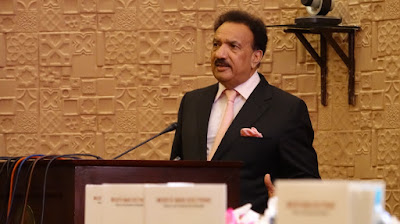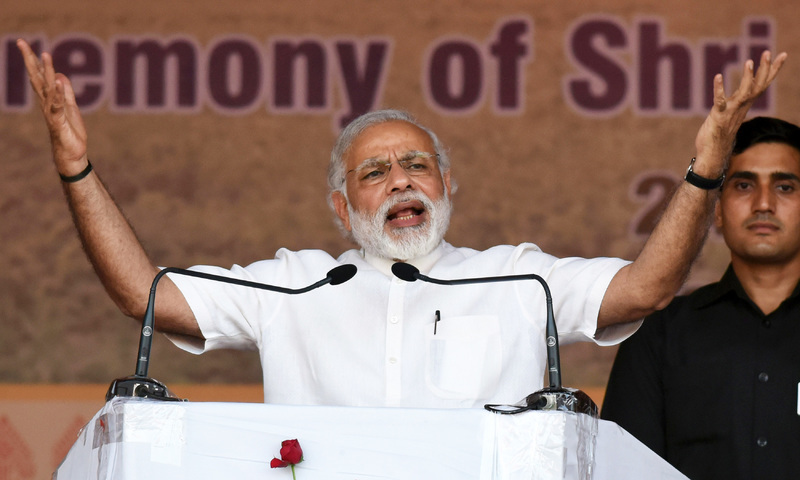Lesson for Modi in fall of Kabul, says Senator Rehman Malik

Islamabad: Former Interior Minister and Institute of Research and Reforms (IRR) Senator A. Rehman Malik said that in the fall of Kabul, there is a lesson for Indian Prime Minister Modi to not force someone to the extent that they respond and react more severely.
He said that Modi must stop his brutalities against oppressed people of Kashmir. He said that Ashraf Ghani should have resigned long ago. He said that he had predicted four months ago that Taliban are marching towards Kabul and they would easily occupy the Afghanistan. He said that India used Ashraf Ghani government against Pakistan and Afghan soil for terrorism inside Pakistan. He said that he applauds the defense forces of Pakistan who protected the country in a very testing and challenging time.

Senator Rehman Malik said that General Bajwa’s doctrine worked well and protected Pakistan and according to Bajwa Doctrine, the Afghan issue was to be solved by the Afghans themselves. He said that fencing the Pak-Afghan border was also part of the Bajwa Doctrine which not only blocked the influx of Afghan refugees but also curbed the Terrorist infiltration in Pakistani territory from Afghanistan. He said that Pakistan may face problems in coming days due to ISIS and other terrorist organizations as
India took pro- Indian Afghanis in more than three C-31 planes whom they will use against Pakistan. He said that India has already set up training centers for ISIS in various provinces. He advised that our intelligence agencies and other LEAs should tighten and enhance security at the border as India will try to use the current situation against China and Pakistan.
The former interior minister further said that Bajwa Doctrine won and the Modi Doctrine failed in Afghanistan. He added that India’s fifth generation war will continue and the United States should understand that India is not a reliable partner as it played double game in Afghanistan while Pakistan has always helped to move the peace agreement forward.





